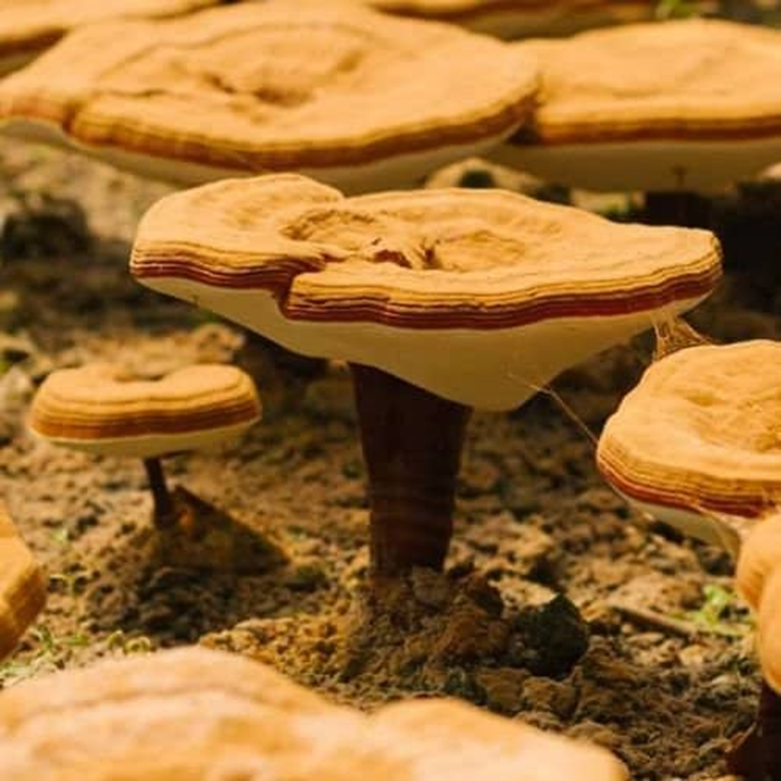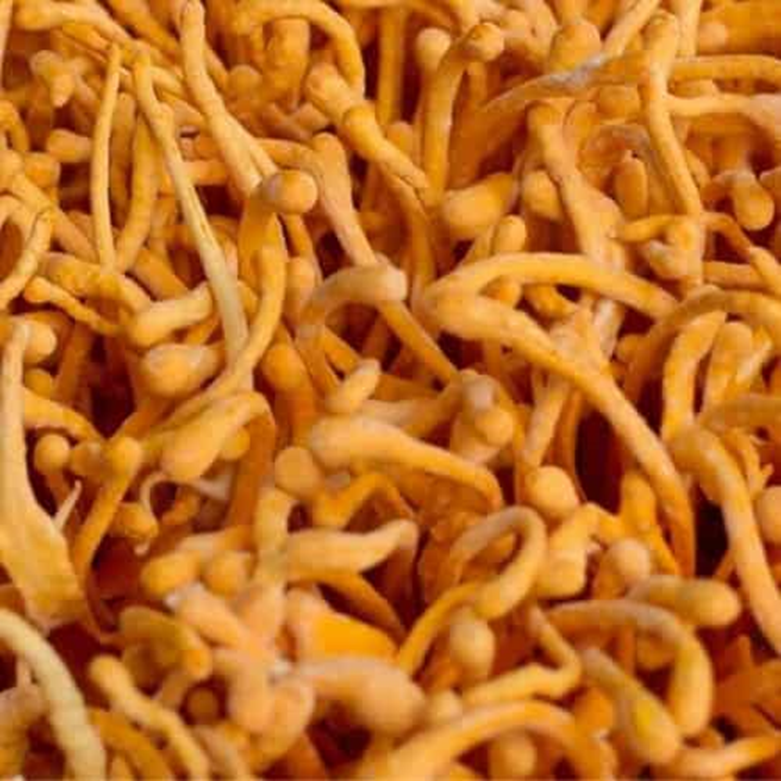The medicinal use of mushrooms dates back thousands of years because of their varied and uniquely adaptive benefits for health. Now, in recent times with functional medicine and holistic nutrition going mainstream, we’re seeing a resurgence of interest in these marvelous superfoods. But, there are a few things you should know before running to your local supplement shop.
The healthiest mushrooms to supplement with include:

Primary Lion's Mane Mushroom Medicinal Benefits: Supports healthy brain function & neuron generation.
Lion’s Mane is full of a multitude of important compounds, such as beta-glucans, which are immuno-modulating antioxidants and neuro-protective phytonutrients*. In vitro research suggests that certain compounds found in Lion’s mane, namely hericenones and erinacines, may help induce Nerve Growth Factor (NGF) synthesis in nerve cells [1]. This dovetails with findings from animal research that Lion’s mane promotes nerve tissue growth and supports motor function. And research in adults with mild memory problems associated with aging found that those taking Lion’s Mane extract had better brain function compared with control participants who did not ingest the mushroom [2]. All of this indicates that Lion’s Mane mushroom is an amazing helper for healthy brain function and may even support neurogenesis.
Historical Uses of Lion's Mane Medicinal Mushrooms
Lion’s Mane, or Hericium erinaceus, is a species of mushroom that is beautiful in appearance; it has long cascading shaggy spines resembling a waterfall. Lion’s Mane grows on the trunks of hardwood trees in Northern forests.
Traditional Chinese Medicine (TCM), names Lion’s Mane Hou Tou Gu (monkey head mushroom). Chinese medicine practitioners use this mushroom for the spleen, and its association with digestion, energy, and water regulation. TCM also uses these medicinal mushrooms as a tonic for stress-related disorders (neurasthenia) and for a lack of energy (qi deficiency).
The Japanese call Lion’s Mane Yamabushitake, after the worshipping Buddhist monks known as the ShugendÅ. These monks used Lion’s Mane tea to increase their ability to concentrate during meditation. Indigenous peoples of pre-colonial US, Canada, and Australia also used Lion’s Mane for medicine and food. This mushroom has become a well-established candidate in promoting cognitive function.

Primary Reishi Mushroom Medicinal Benefits: Sleep aid and potent immunomodulator.
The polysaccharides in reishi mushroom are associated with immune function, and if taken over time, reishi can significantly support the immune system*. It can also support restful sleep and a calm mind, reduce occasional stress and restlessness, can support lung and respiratory health, and support balanced blood sugar levels.
One study has demonstrated that Reishi can decrease symptom scale scores for men experiencing lower urinary tract symptoms (urination difficulty). Reishi can be used safely in adjunct with certain oncology medications and diagnoses.
Because of its well-rounded capacity to support numerous systems in the body, herbalists call reishi the King of Medicinal Mushrooms.
Historical Uses of Reishi Medicinal Mushrooms
Reishi, or Ganoderma lingzhi, has a 2000-year-old written record in medicinal texts. Most notably, Chinese Taoist monks wrote of using it to promote calmness, as well as to enhance their meditative practices. Chinese royalty used reishi to promote longevity and held this “mushroom of immortality,” in high esteem. Reishi was listed as the most cherished among the superior herbs, which are considered to support a long life, support healthy aging, boost qi, and make the body light.

Primary Cordyceps Mushroom Medicinal Benefits: Improves lung capacity and increases energy.
The cordyceps mushroom is an incredible energy-boosting fungi. Certain studies have shown that cordyceps can increase the production of ATP, the compound that gives cells energy, in rodents. This is why Cordyceps is a good mushroom supplement to take for exercise and physical performance. In fact, two well-controlled clinical studies have found cordyceps improves exercise performance in healthy older individuals.
Preliminary research in humans, animals, and test tubes also indicates that cordyceps supports healthy levels of inflammation and immune markers.
Related cordyceps species may have hormone regulatory properties shown in research studies to increase libido (in women) and improve sperm health in men. Cordyceps can support kidney health in certain populations.
Historical Uses of Cordyceps Medicinal Mushrooms
Old Chinese medical books and Tibetan medicine describe cordyceps as a treasure. With hundreds of different species, it is a parasitic fungus that preys on insects. Traditional healers use the fungus as a powerful tonic to improve energy, appetite, stamina, and endurance.
Cordyceps was traditionally used as a tonic because it has the capacity to revitalize and restore symptoms like fatigue, exhaustion, and chronic stress. Out of all the medicinal mushrooms, Cordyceps is the most stimulating, warming, and powerful in a traditional context. It has an affinity to the kidneys and lungs, meaning it supports these organs the most.
Resources: Real Mushrooms – 7 Medicinal Mushroom Benefits For Health
https://www.realmushrooms.com/7-medicinal-mushroom-benefits-for-health/
Tarikh Input: 22/02/2023 | Kemaskini: 04/04/2023 | aslamiah
PERKONGSIAN MEDIA



























